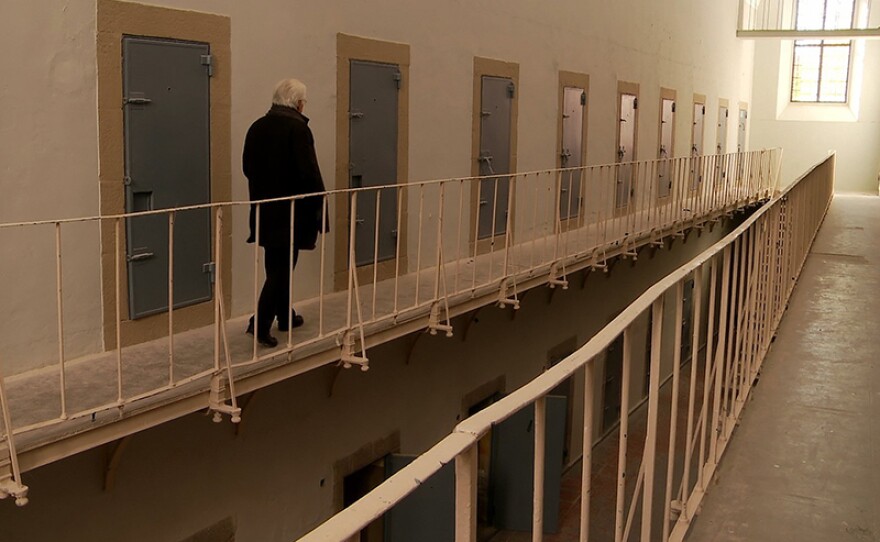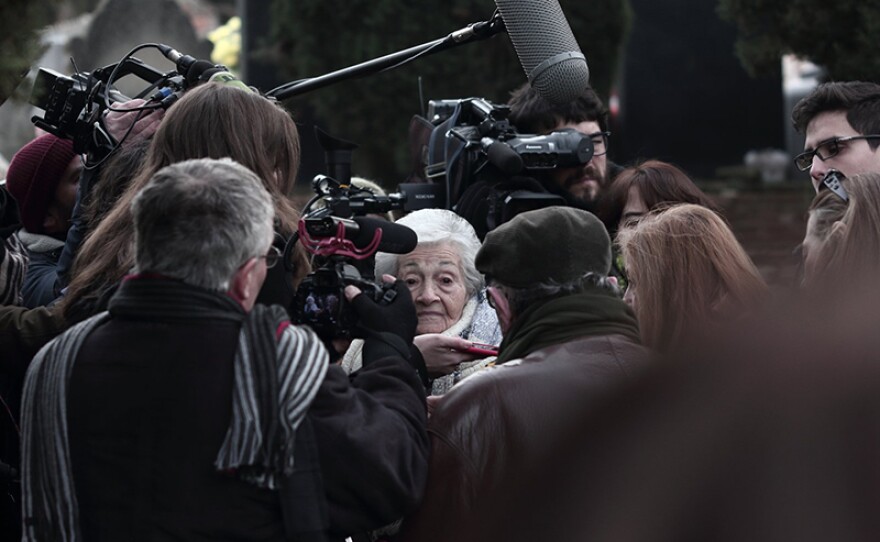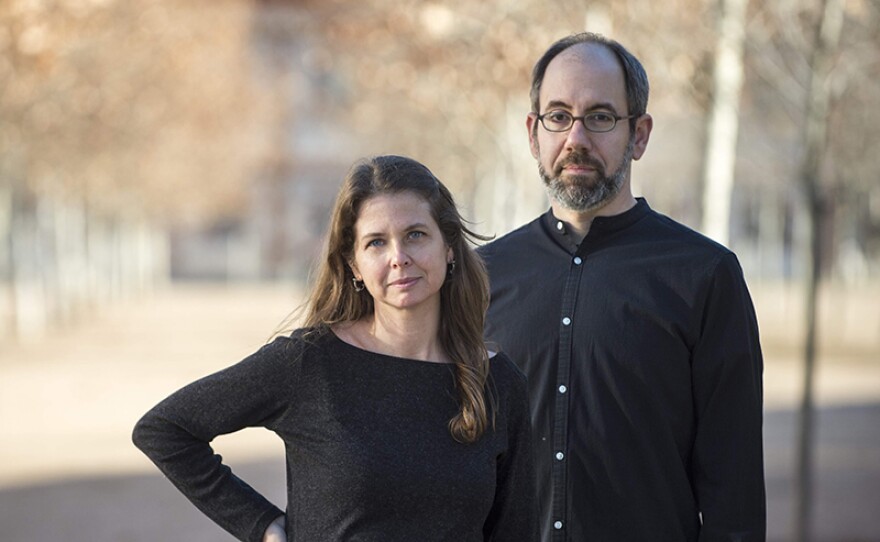—Victims of Spain's Dictatorship Fight a State-Imposed Amnesia of Crimes Against Humanity—
Filmed over six years, “The Silence of Others” reveals the epic struggle of victims of Spain’s 40-year dictatorship under General Franco, as they organize a groundbreaking international lawsuit and fight a “pact of forgetting” around the crimes they suffered. A cautionary tale about fascism and the dangers of forgetting the past.
“The film that wants to stop Spain forgetting”–The Guardian
“Clear-eyed, clear-headed, and artful... It has made a difference in the world.”–The Nation
Directed by Almudena Carracedo and Robert Bahar and executive produced by Academy Award-winning Spanish filmmaker Pedro Almodóvar, the film is the winner of over 30 international awards including the 2019 Goya for Best Documentary Feature (Spain’s Academy Award) and was shortlisted for Best Documentary Feature for the 91st Academy Awards.
Unbeknownst to much of the world, in Spain today, torture victims live just blocks from their notorious police torturers, who walk free every day.
Tens of thousands of parents continue to search for their children who were likely stolen at birth. And families desperate to recover their loved ones’ bodies from thousands of mass graves across Spain are blocked by their own government from doing so.
"The Silence Of Others" reveals the struggle of victims of these, and other crimes, from General Franco’s 40-year dictatorship in Spain (1939-1975), whose perpetrators have enjoyed impunity for decades due to a 1977 amnesty law.
It brings to light a painful past that Spain is reluctant to face even today, decades after the dictator’s death. And it tells the story of how victims and their descendants are fighting back, seeking justice more than 7,000 miles away from home.

Over six years, Emmy-winning filmmakers Almudena Carracedo and Robert Bahar follow a movement that begins in someone’s kitchen and evolves to bring together hundreds of victims and their descendants, who break Spain’s “pact of silence” to join an international lawsuit to prosecute these crimes.
The story unfolds on two continents: in Spain, where survivors and human rights lawyers build a case that Spanish courts refuse to admit, and in Argentina, where a judge takes it on using the principle of universal jurisdiction, which allows foreign courts to investigate crimes against humanity if the country where they occurred refuses to do so.
The case marks an astonishing reversal, for it was Spain that pioneered universal jurisdiction to bring down former Chilean dictator Augusto Pinochet, and yet now it is an Argentine judge who must bring Spain’s own past to light.
As the years advance, the case makes history, yielding the first-ever arrest warrants for perpetrators, including alleged torturers, former cabinet ministers, and doctors implicated in cases of stolen children.

It brings the nearly forgotten story to the front page of The New York Times, and is generating support for victims of Spain’s dictatorship in Spain and around the world.
“The Silence of Others” itself has made an impact in Spain, where it has been seen by more than a million people, with the film’s hashtags reaching the #2 trending topic in Spain (with over 50,000 tweets) including a tweet from Spain’s Prime Minister urging everyone to watch the film.
Spain’s public broadcaster RTVE called it “The film that everyone is talking about” and Spain’s influential cinema magazine Fotogramas called it “The most necessary documentary of the last 80 years.”
With the global rise of authoritarian regimes and ultra-right parties, this film offers a cautionary tale about fascism’s long shadows, and the dangers of forgetting the past. It raises profound questions about how societies grapple with legacies of state violence and what to do with perpetrators of crimes against humanity in their midst.

Filmmaker Quotes:
“What does it mean to forget, and how might that prevent a nation from moving past its historical sins?” said Justine Nagan, executive producer/executive director for POV/American Documentary. “At a time when many countries are re-examining their histories, The Silence of Others holds important lessons for democracies all across the world, and for the people who intend to keep them strong and vibrant.”
Almodóvar says “‘The Silence of Others’ is beautiful, essential, overwhelming nonfiction cinema. From María’s first whisper, to the final frame on the mountaintop, we live and breathe a six year struggle as basic as Antigone’s: to bury the dead with dignity, to learn the truth before it is too late, and for justice to have its day. I proudly present this film and hope it will be seen in every corner of the world.”

Watch On Your Schedule:
This film will stream online on POV.org in concurrence with its broadcast. Full episodes of POV are available to view on demand for a limited time after broadcast.
Join The Conversation:
POV is on Facebook, and you can follow @povdocs on Twitter. #SilenceofOthersPBS
"The Silence of Others" / "El Silencio de Otros" is on Facebook", Instagram, and you can follow @SilenceofOthers on Twitter. #ElSilencioDeOtros
Credits:
Directors/ Producers: Almudena Carracedo, Robert Bahar. Director of Photography: Almudena Carracedo. Editors: Kim Roberts, Ricardo Acosta. Original Music: Leonardo Heiblum, Jacobo Lieberman. Sound Design: Steve Miller. Location Sound: Robert Bahar. Executive Producers for El Deseo: Pedro Almodóvar, Agustín Almodóvar, Esther García. Executive Producers for POV: Justine Nagan and Chris White. Executive Producer for ITVS: Sally Jo Fifer. Executive Producer for LPB: Sandie Viquez Pedlow. Co-Executive Producers for Blue Ice Docs: Steven Silver, Neil Tabatznik, Robin Smith. The film is a co-production of Semilla Verde Productions, Lucernam Films, American Documentary | POV, Independent Television Service (ITVS) and Latino Public Broadcasting (LPB), in association with El Deseo.






